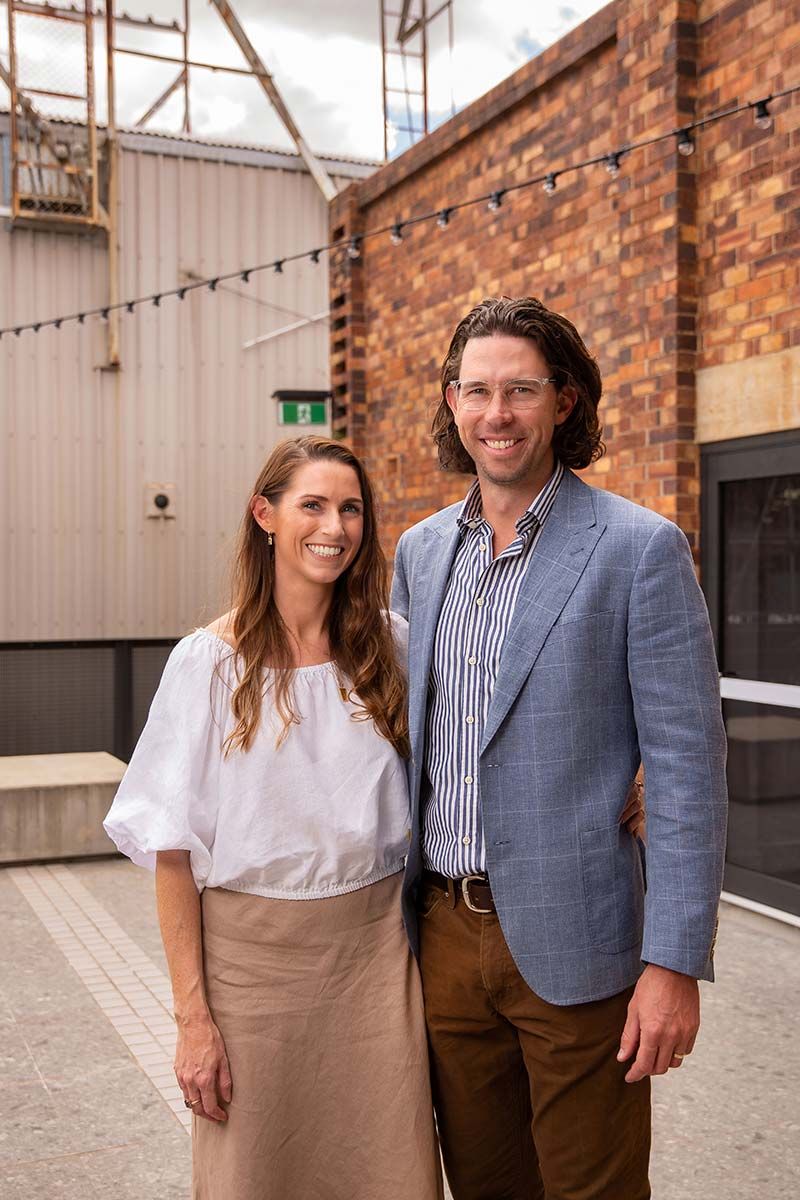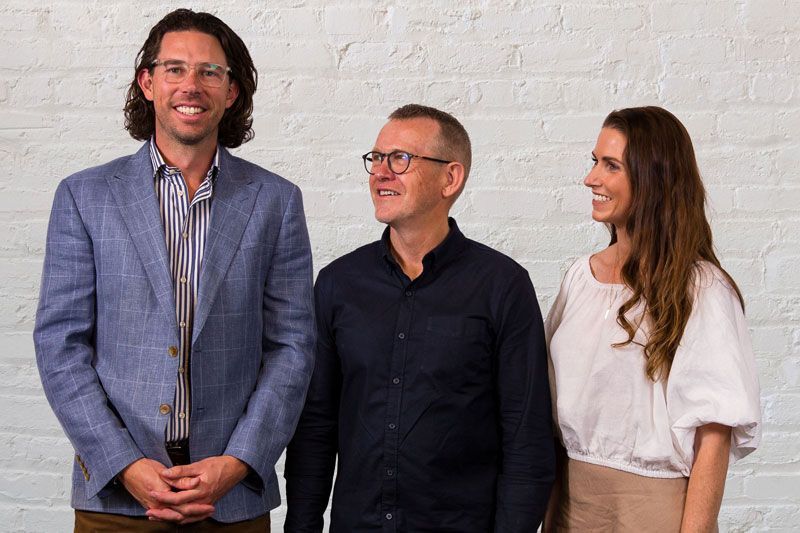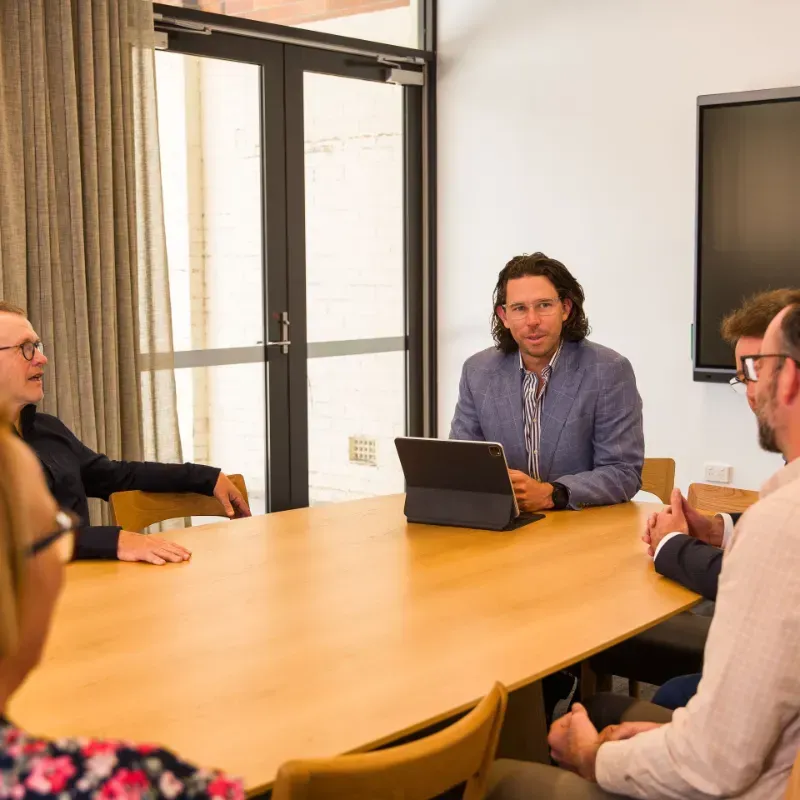|
What is a Growth Mindset?
|

I’m a business nerd, but I married a brain nerd (or she prefers I call her Clinical Psychologist). One of the biggest advances in my business skill isn’t necessarily business related, rather it’s having a growth mindset.
This concept is mainstream and is spoken about regularly, but not a lot of people understand its benefits or origins here in Toowoomba. The Growth Mindset concept developed in part by American psychologist Carol Dweck revolves around the belief that abilities and intelligence can be developed through dedication, hard work, and resilience.
Unlike a Fixed Mindset, which assumes that intelligence and talents are static traits, a Growth Mindset thrives on the idea of continuous learning and improvement. In the business realm, cultivating a Growth Mindset can be a game-changer. It fosters a culture of adaptability, where challenges are viewed as opportunities for learning rather than insurmountable obstacles.
One key aspect of a Growth Mindset in business is the emphasis on embracing setbacks as stepping stones to success. Rather than shying away from failures, individuals with a Growth Mindset see them as valuable lessons, fuelling innovation and improvement. This mindset creates a workplace where employees are more likely to take on challenges, experiment with new ideas, and persevere in the face of adversity.
abilities and intelligence can be developed through dedication, hard work, and resilience.
Case Study: Microsoft
One notable case study that exemplifies the impact of a Growth Mindset is Microsoft's cultural transformation under the leadership of CEO Satya Nadella.
When Nadella took over in 2014, Microsoft was facing challenges and needed a shift in mindset to stay relevant in the fast-evolving tech industry – put bluntly it was falling behind competitors and was on track to losing market share and relevance. Nadella actively promoted a Growth Mindset within the company, encouraging employees to embrace learning and innovation.
The transformation was evident in Microsoft's approach to product development. They moved from a rigid, product-centric mindset to a more agile and customer-focused one. The company shifted its focus from Windows-centric strategies to embracing a cloud-first, mobile-first approach. This required employees to adapt, learn new skills, and collaborate across different teams.
By fostering a Growth Mindset, Microsoft created an environment where employees were more open to taking risks, learning from failures, and continuously improving. This cultural shift played a crucial role in Microsoft's success in areas such as cloud computing with Azure, a platform that has become a significant revenue driver for the company.
a Growth Mindset can foster a culture of adaptability, where challenges are viewed as opportunities for learning rather than insurmountable obstacles.
The question that must be asked you now: do you have a fixed mindset, stuck in your ways, only listen to history to show us the future, conservative with your views and attitude towards progression and change? Or are you willing to stretch and grow? Successful organisations have the self-awareness to be uncomfortable and identify these gaps and put strategies, learnings, and development courses in place to stretch.
So if you need help with changing your mindset, want to help prepare your team for positive change, build your resilience and grow, we have the capability at Purpa to support you.
Dr Clive Williams and
Alisha Weston are clinical psychologists ready to work alongside the ‘business’ team at Purpa to improve your organisation.

Chris is a self-confessed business nerd and the brains behind Purpa. He lives for helping businesses and businesspeople find their purpose, uncover their potential, and then provide the systems, processes, and accountability to make it happen.





